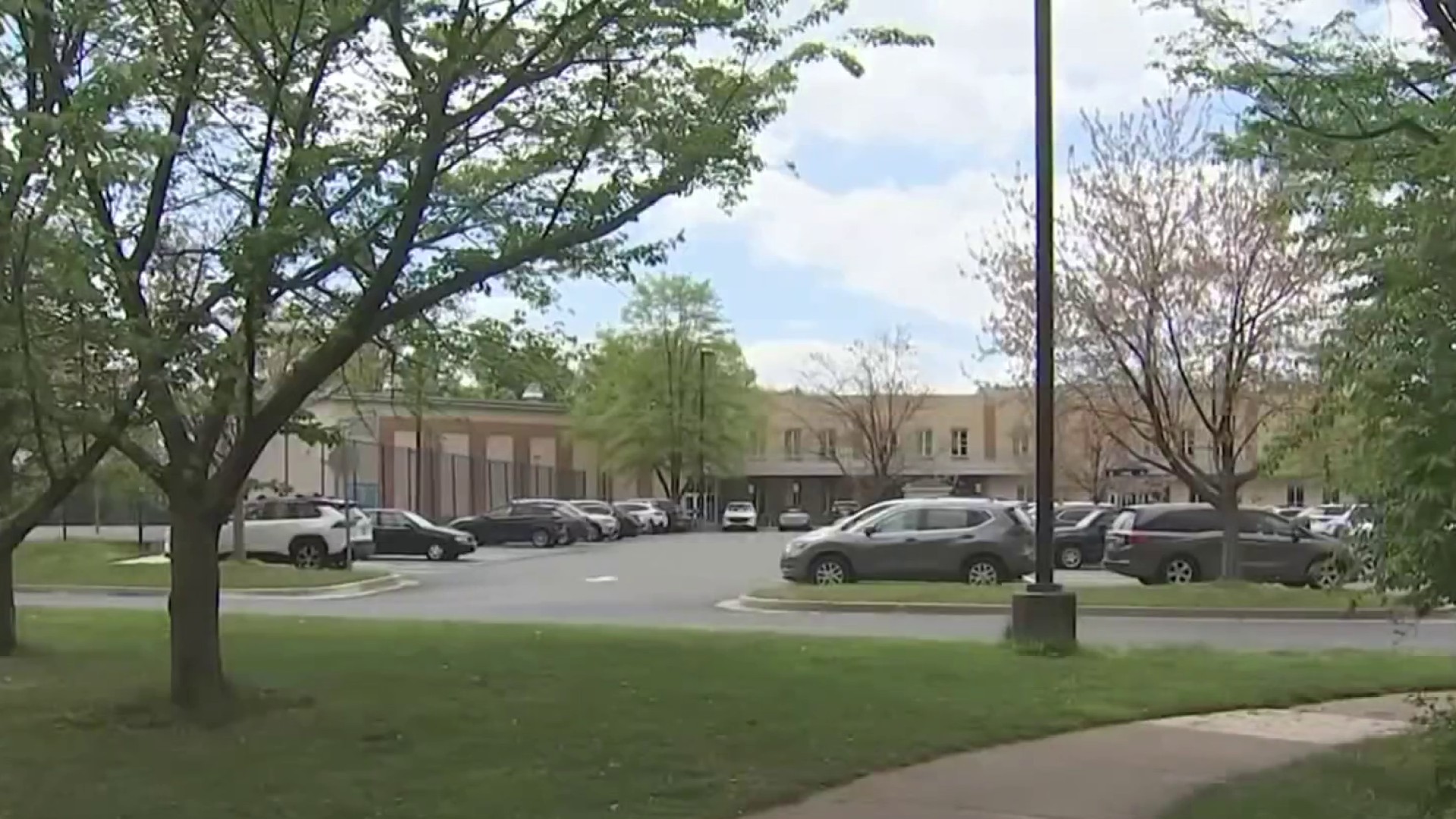The declining number of tenured positions in higher education has been a source of worry (not to mention gastrointestinal problems) for a number of academics, but the downtrend of the tenure track is no skin off the back of most college leaders, according to a recent survey conducted by Pew Research Center and The Chronicle of Higher Education.
Less than a quarter of those surveyed said they would prefer full-time, tenured professors, while a whopping 69 percent reported to prefer that a majority -- if not the entirety -- of faculty work under annual or long-term contracts.
Tenure was carried from Germany to the United States to protect academic freedom following a series of 19th-century cases when university officials and donors sought to remove professors who held or were presumed to hold unpopular views.
Critics of the long-standing system say that it promotes mediocrity and sloth in the academy, blocking opportunities for young scholars, encourages useless research from scholars under pressure to “publish or perish,” and is economically inefficient.
Mark C. Taylor calculates in his book Crisis on Campus that someone who serves as an associate professor with tenure for five years and then becomes a full professor for 30 years sets a private university back $12.2 million and costs a public university $10 million during the same period of time.
Tenure’s defenders say it guarantees academic freedom and job security for professors, with which they might be better able to challenge students and express opinions without fear of retribution.
Among the presidents who participated in the study, those who had previously held faculty positions were more likely than those who hadn’t to say that they preferred a predominately tenured professoriate at their campuses.
At public four-year institutions, 52 percent of presidents with previous faculty background favored tenure, while just 37 percent without faculty experience did. Among presidents of private four-year institutions, 35 percent who had formerly served as faculty favored tenure, compared with 20 percent of those without faculty experience.
Local
Washington, D.C., Maryland and Virginia local news, events and information
These results were no surprise to Kent J. Chabotar, president of and political science professor at Guildford College. "When you come to have some influence over the same system that produced you, you're going to support it," he told The Chronicle.
Leaders of private four-year institutions were less satisfied with tenure than their public counterparts. Forty percent of private college presidents surveyed favored faculty with long-term contracts, while 30 percent expressed preference tenure.
At four-year public institutions, half of the presidents who responded to the survey said they preferred tenured faculty. Thirty-six percent preferred professors on long-term contracts.
A number of universities have abolished tenure, including Linwood University in Missouri, which made the leap in 1994, and Tiffin University in Ohio. Both institutions faced sanctions from American Association of University Professors.



